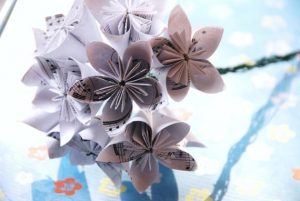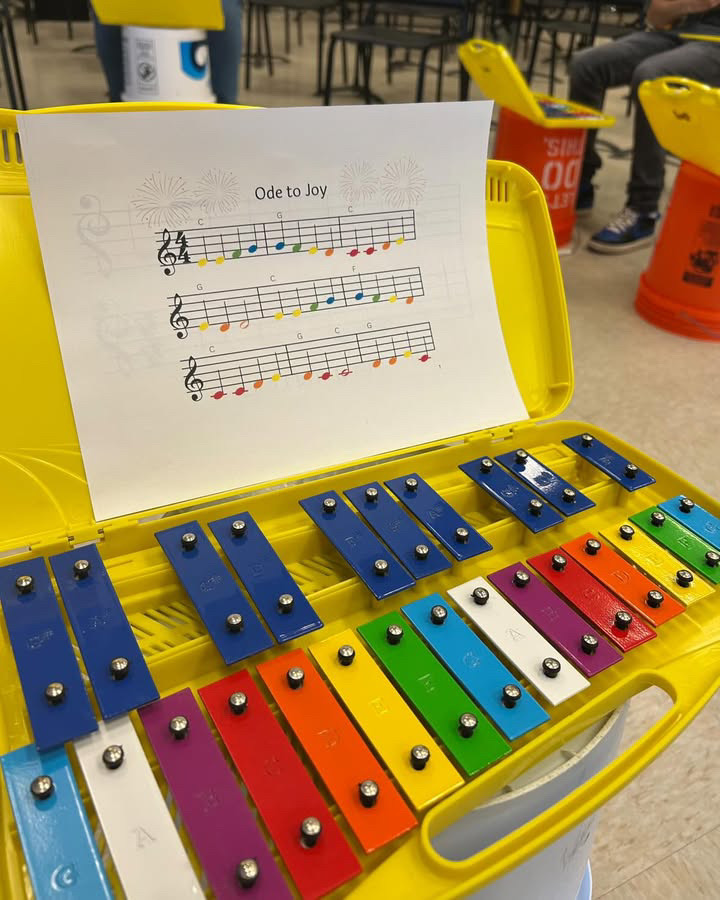Origami is said to aid the body and mind in a variety of ways, from reducing stress to helping the body achieve balance. Sophomore Lisa Deng is using origami to promote another kind of wellness: finding a cure for rare diseases that take the lives of children every year.

Deng has long been passionate about origami, a skill she learned when Japanese exchange students visited her third grade class. In 2011, Deng turned her love for origami into a non-profit business. Deng donates profits from the products she sells to the Children’s Inn at the NIH and hopes the origami sales will raise awareness about diseases that don’t get much publicity.
“The kids there have rare diseases, so they need more help because we’re already donating so much to more well-known diseases,” Deng said. “Theirs can often be forgotten.”
Deng sells her products on Etsy, a website on which small art businesses can sell their products. Her most popular item, a dozen roses, is the easiest for her to fold, with each rose taking about five minutes. Products such as earrings and bracelets each take about an hour to make.
After volunteering at the Inn in middle school, Deng was touched by the brave kids she met. Although she’s unable to meet many of the patients because their diseases are contagious, one young girl’s positive attitude — despite having spent her entire life in and out of hospitals — had a profound effect on Deng.
“As much as I love origami, it’s the patients that keep me motivated to run the business,” Deng said. “They put things into perspective for me and make me love what I do.”

Because the Inn doesn’t charge families for their stays, it depends on the community to cover the $140 nightly cost of lodging and critical services.
“The donations lift the spirits of children and teens and remind them that other teens care about them, even if they’ve never met,” Inn representative Meredith Daly said.
As a competitive swimmer, Deng often struggles to find time for origami. She usually spends about an hour and a half a day filling orders, but her workload changes around holidays. On Valentine’s Day, Deng received around 50 orders for roses.
“It can get pretty chaotic when I go from having no orders to getting five big orders in one day,” Deng said. “The nature of the business can be hard to predict.”
Deng’s favorite part of the business is the opportunity to raise awareness of rare diseases. Deng hopes to expand her business by starting a club at Whitman next year in which members will help fill orders and learn about the patients’ rare diseases.
“These kids deserve the same amount of attention as any other kid that’s suffering from a more well-known disease,” Deng said.








